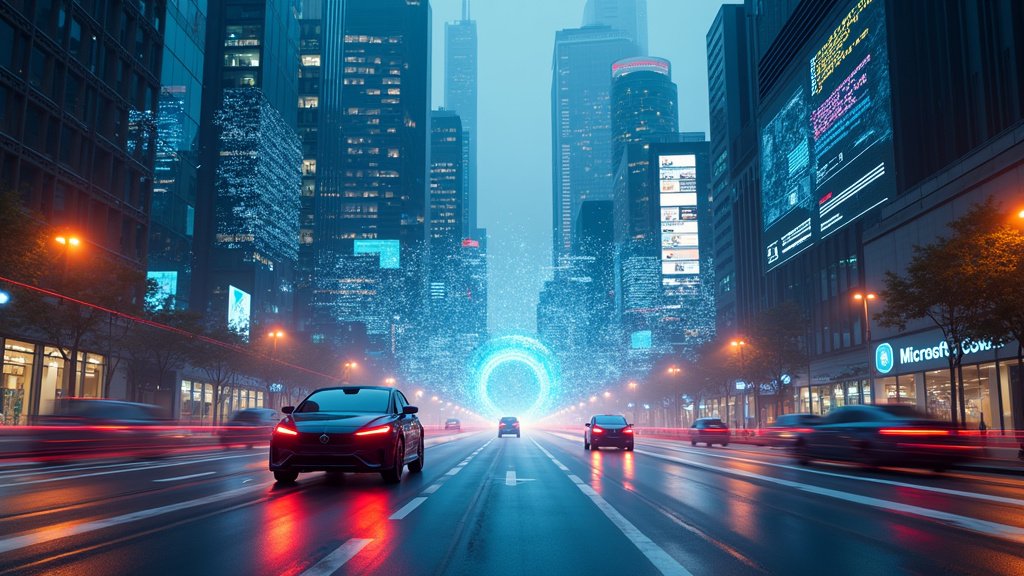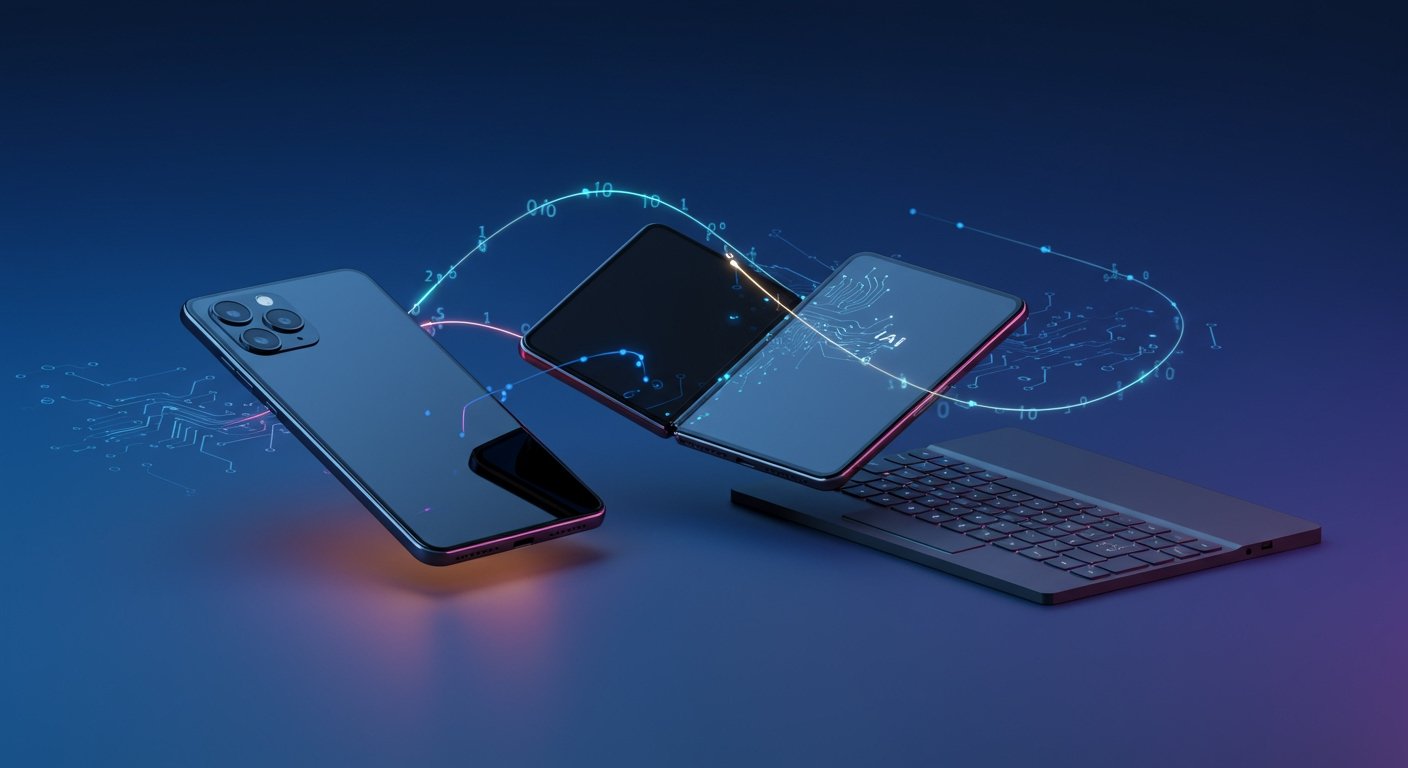Tech Weekly Roundup: May 24–31, 2025 | by Ghostwriter – Medium
The tech landscape witnessed a flurry of groundbreaking announcements during the week of May 24-31, 2025, with major players like Microsoft and Xiaomi unveiling innovations that promise to reshape user experiences and the future of technology. These developments, coupled with significant milestones from autonomous vehicle pioneers, paint a picture of a rapidly evolving industry grappling with both exciting advancements and emerging challenges.
Microsoft’s AI-Driven Advancements
Microsoft led the charge with significant announcements at Build 2025. The company showcased its Azure AI Foundry platform, a new initiative designed to streamline the complex processes of AI model creation and deployment. This platform aims to empower developers by simplifying the tools and infrastructure required for AI development, making it more accessible to a wider audience. Simultaneously, Microsoft introduced NLWeb, a tool poised to revolutionize website-user interaction. By leveraging the power of natural language processing, NLWeb promises to create more intuitive and responsive web experiences, potentially changing the way users interact with online content.
Further solidifying its commitment to AI-driven development, Microsoft also announced comprehensive updates to its Copilot assistant. These updates are designed to assist developers throughout the entire software development lifecycle, from initial coding to debugging and deployment. This enhancement suggests a move towards integrating AI more deeply into the development process, with the goal of increasing efficiency and improving code quality.
Xiaomi’s Hardware and AI Integration
Xiaomi, on the other hand, made waves with its hardware advancements. The company unveiled its first 3nm processor, the Xring O1. This new processor represents a significant leap in mobile processing technology, promising improved performance and energy efficiency for Xiaomi’s devices. Alongside the processor, Xiaomi launched a suite of new products, including the 15S Pro phone, the Pad 7 Ultra tablet, and the YU7 electric SUV. This diverse product launch signals Xiaomi’s strategy of broadening its market presence and integrating cutting-edge technology across various product categories. The integration of the new processor into these devices highlights Xiaomi’s commitment to leveraging custom hardware to enhance the user experience and compete in a crowded marketplace.
These hardware and AI integrations signal a crucial shift towards creating more personalized and efficient user experiences. By integrating custom hardware and AI capabilities, companies aim to deliver products and services that are better-suited to the needs of their consumers.
Waymo’s Autonomous Milestone
In the realm of autonomous vehicles, Waymo achieved a significant milestone. The company announced that its self-driving vehicles had surpassed 10 million self-driving trips across Phoenix and San Francisco. This achievement underscores the progress being made in autonomous vehicle technology and its growing adoption in major metropolitan areas. The continued operation and expansion of Waymo’s autonomous vehicle services highlight the practical applications of this technology and its potential to reshape urban transportation.
Cybersecurity Concerns and the Future of Tech
The rapid pace of technological innovation is not without its challenges. Growing concerns surrounding digital infrastructure security are prompting action from governments and companies alike. This trend reflects the evolving threat landscape and the importance of safeguarding critical infrastructure and data in the face of increasingly sophisticated cyberattacks. As AI becomes more integrated into various aspects of life, ensuring the security and stability of digital systems will be a paramount concern for tech companies and policymakers.
This week’s developments underscore the dynamism and complexity of the tech sector. From AI advancements to hardware breakthroughs and the continued evolution of autonomous vehicles, the industry is constantly pushing boundaries. While these advancements hold the potential to transform how we live and work, addressing the accompanying challenges, especially concerning cybersecurity, will be critical to ensuring a secure and sustainable future for the tech industry and society as a whole.




